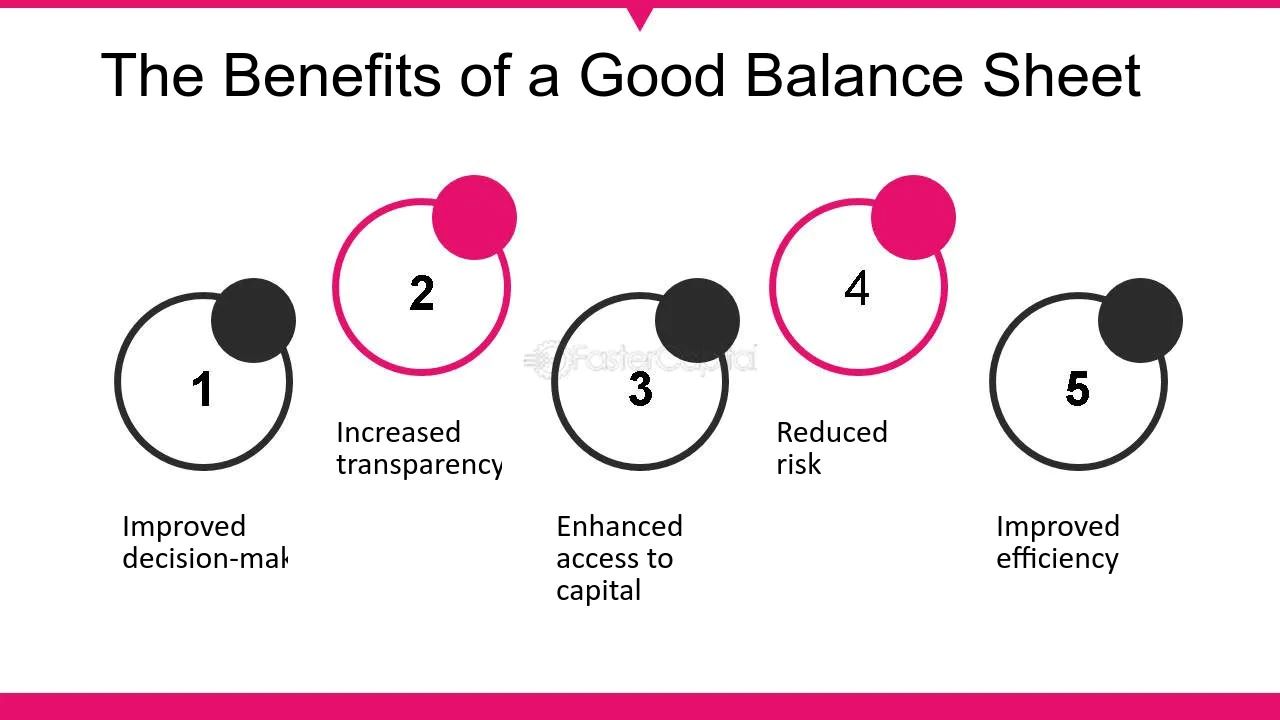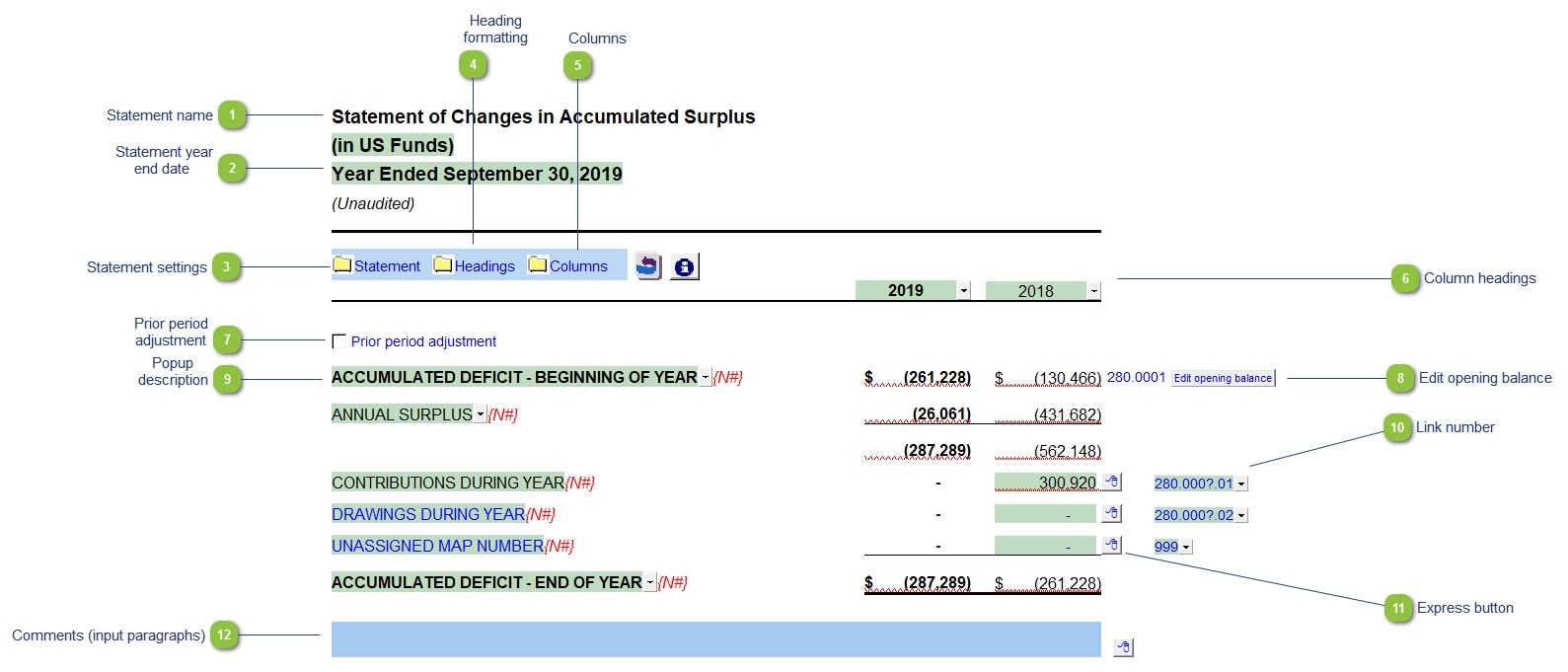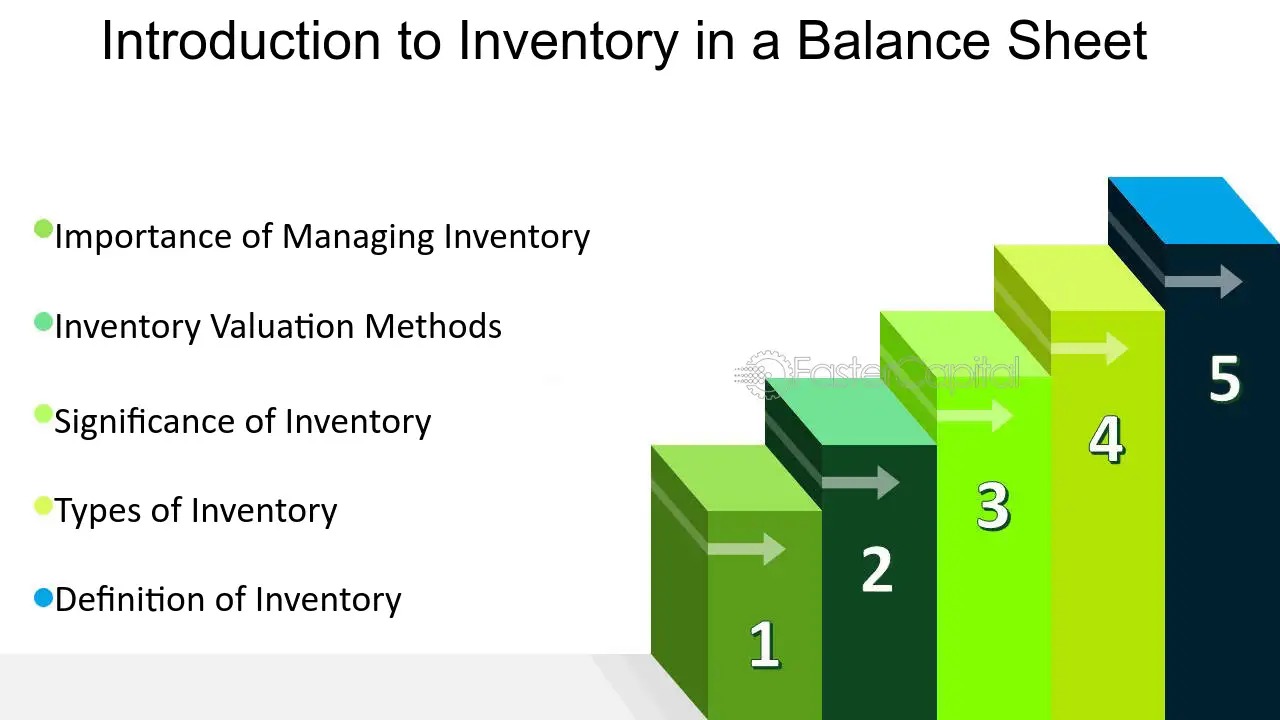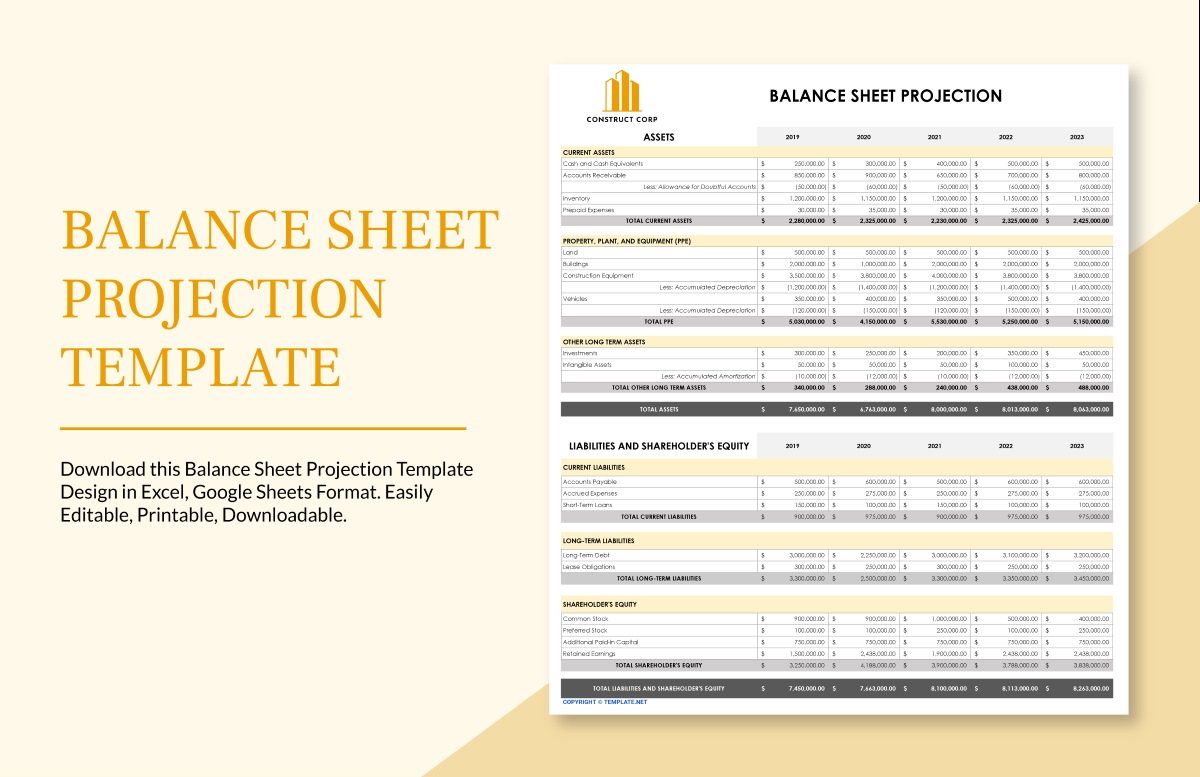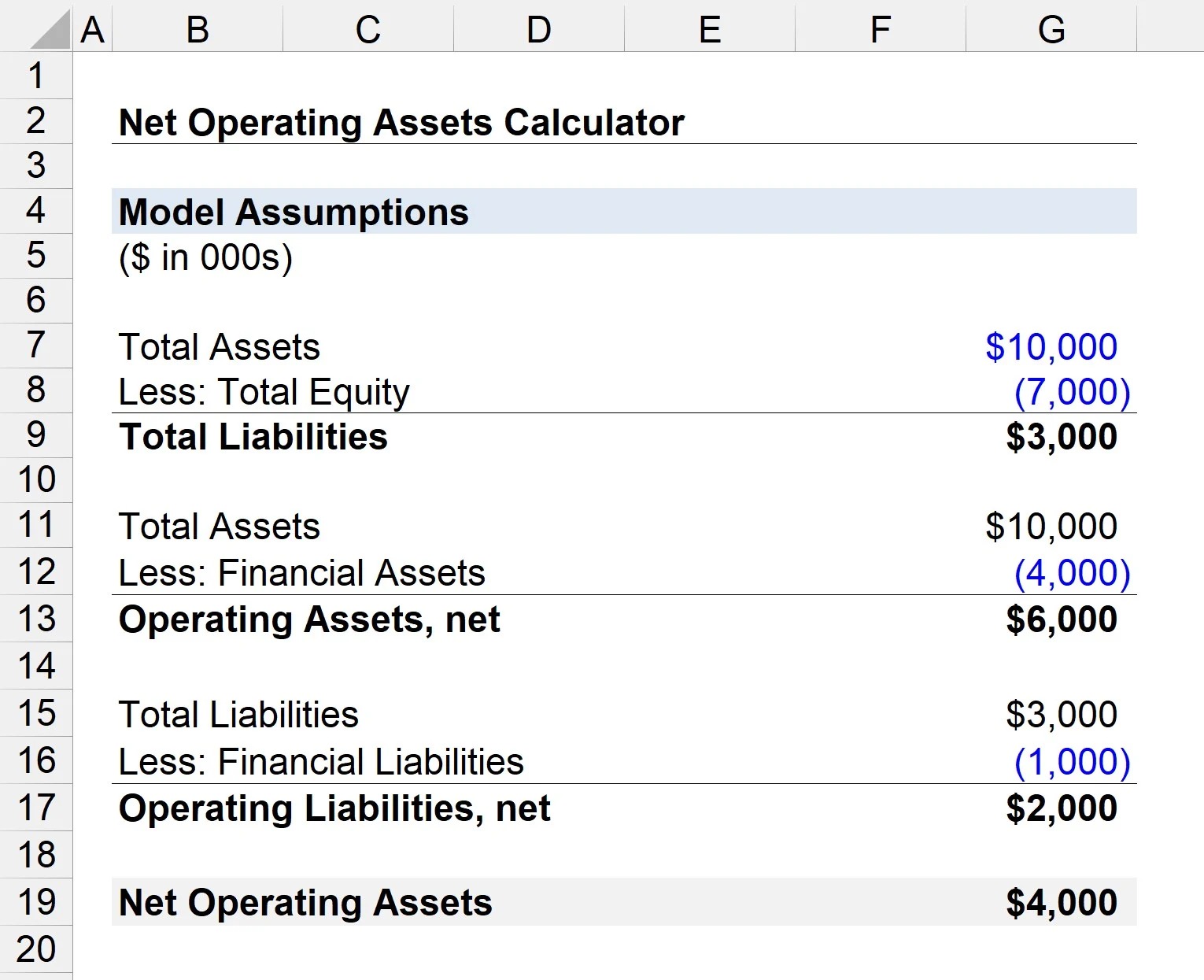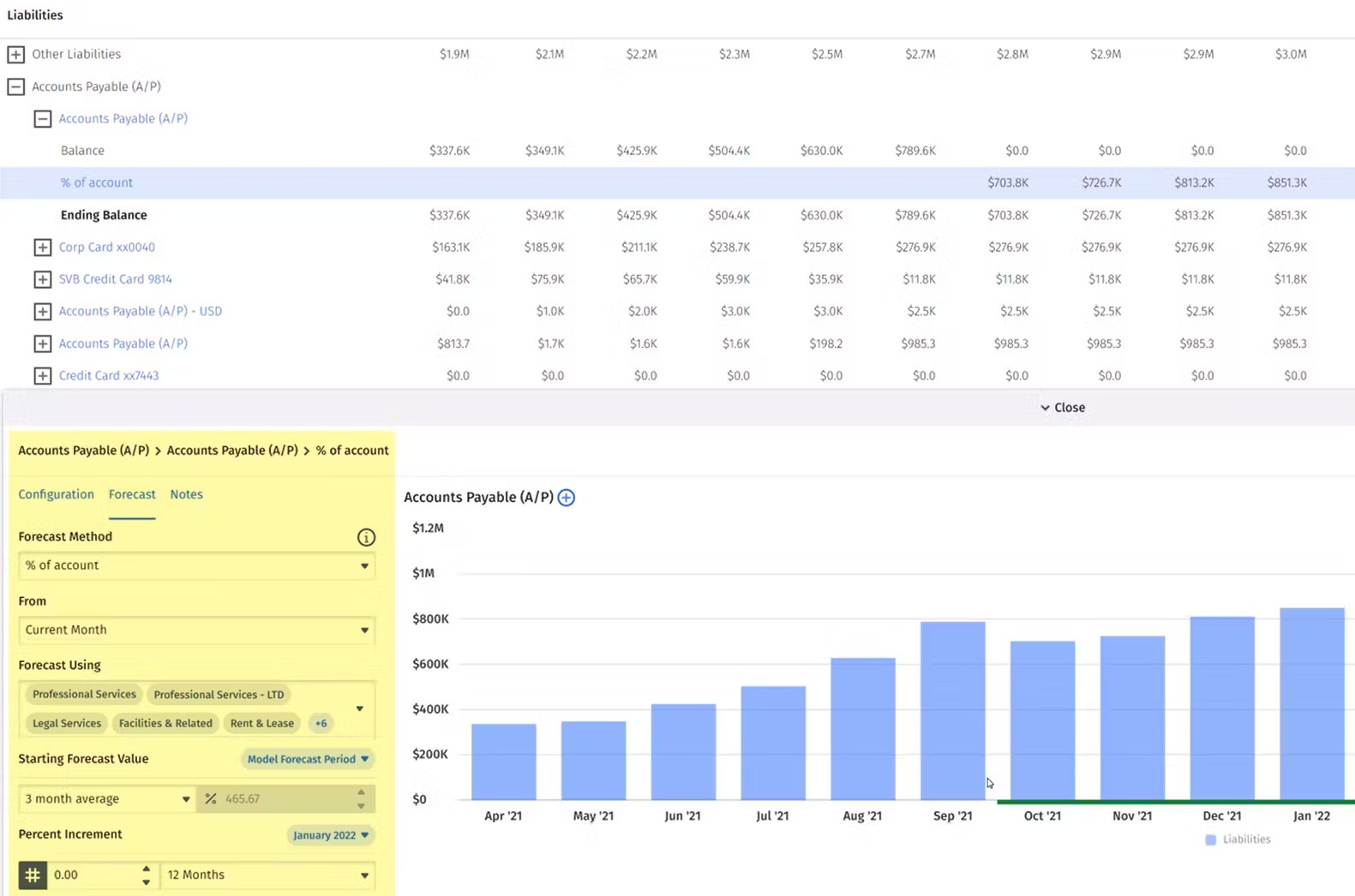Home>Finance>Off-Balance Sheet Financing (OBSF): Definition And Purpose


Finance
Off-Balance Sheet Financing (OBSF): Definition And Purpose
Published: January 2, 2024
Discover the definition and purpose of off-balance sheet financing (OBSF) in finance. Gain insights into this important financial concept.
(Many of the links in this article redirect to a specific reviewed product. Your purchase of these products through affiliate links helps to generate commission for LiveWell, at no extra cost. Learn more)
What is Off-Balance Sheet Financing?
Off-Balance Sheet Financing (OBSF) is a financial practice that allows companies to keep certain assets and liabilities off their balance sheets. In simple terms, it means that some financial obligations and activities are not recorded on a company’s balance sheet. This allows businesses to maintain a better financial position and present a more favorable picture to investors and stakeholders.
Key Takeaways:
- OBSF refers to a financial practice that keeps certain assets and liabilities off a company’s balance sheet.
- It allows businesses to present a more favorable financial position to investors and stakeholders.
OBSF is a legal and legitimate financial strategy used by companies to manage risk and improve their financial flexibility. It involves activities such as off-balance sheet loans, specialized financing vehicles, and joint ventures. These off-balance sheet transactions are typically structured in a way that complies with accounting standards and regulatory requirements.
One of the main purposes of Off-Balance Sheet Financing is to reduce the financial risk exposure of a company. By moving certain assets and liabilities off the balance sheet, businesses can protect themselves from the potential negative impact of market volatility and economic downturns. This can be particularly beneficial for companies operating in industries with high levels of uncertainty or risk.
Furthermore, OBSF can also help companies improve their financial ratios and key performance indicators. By selectively excluding certain assets and liabilities, businesses can enhance their liquidity, solvency, and profitability metrics. This can make them more attractive to potential investors and lenders.
However, it is important to note that off-balance sheet financing can also have its downsides. While it may provide short-term benefits, it can mask the true financial position and risk level of a company. Investors and stakeholders should be cautious when interpreting financial statements that utilize OBSF, as it may not provide a complete and accurate picture of a company’s financial health.
The Importance of Proper Disclosure
Given the potential impact of off-balance sheet financing on a company’s financial position, proper disclosure becomes crucial. Transparency and clear communication with stakeholders are essential to maintain trust and make informed decisions.
Regulatory bodies and accounting standards require companies to disclose their off-balance sheet transactions in footnotes to the financial statements. This information provides additional context and allows investors to understand the extent and nature of a company’s off-balance sheet activities.
Conclusion
Off-Balance Sheet Financing is a financial practice that enables companies to manage risk and improve their financial flexibility. While it can provide short-term benefits by improving financial ratios and reducing risk exposure, proper disclosure is essential to ensure transparency and informed decision-making.
- Off-Balance Sheet Financing allows companies to keep certain assets and liabilities off their balance sheets.
- It can help businesses present a more favorable financial position to investors and stakeholders.
Remember, Off-Balance Sheet Financing can be a double-edged sword, so it’s important for both businesses and investors to carefully evaluate the implications and understand the true financial position of a company.
